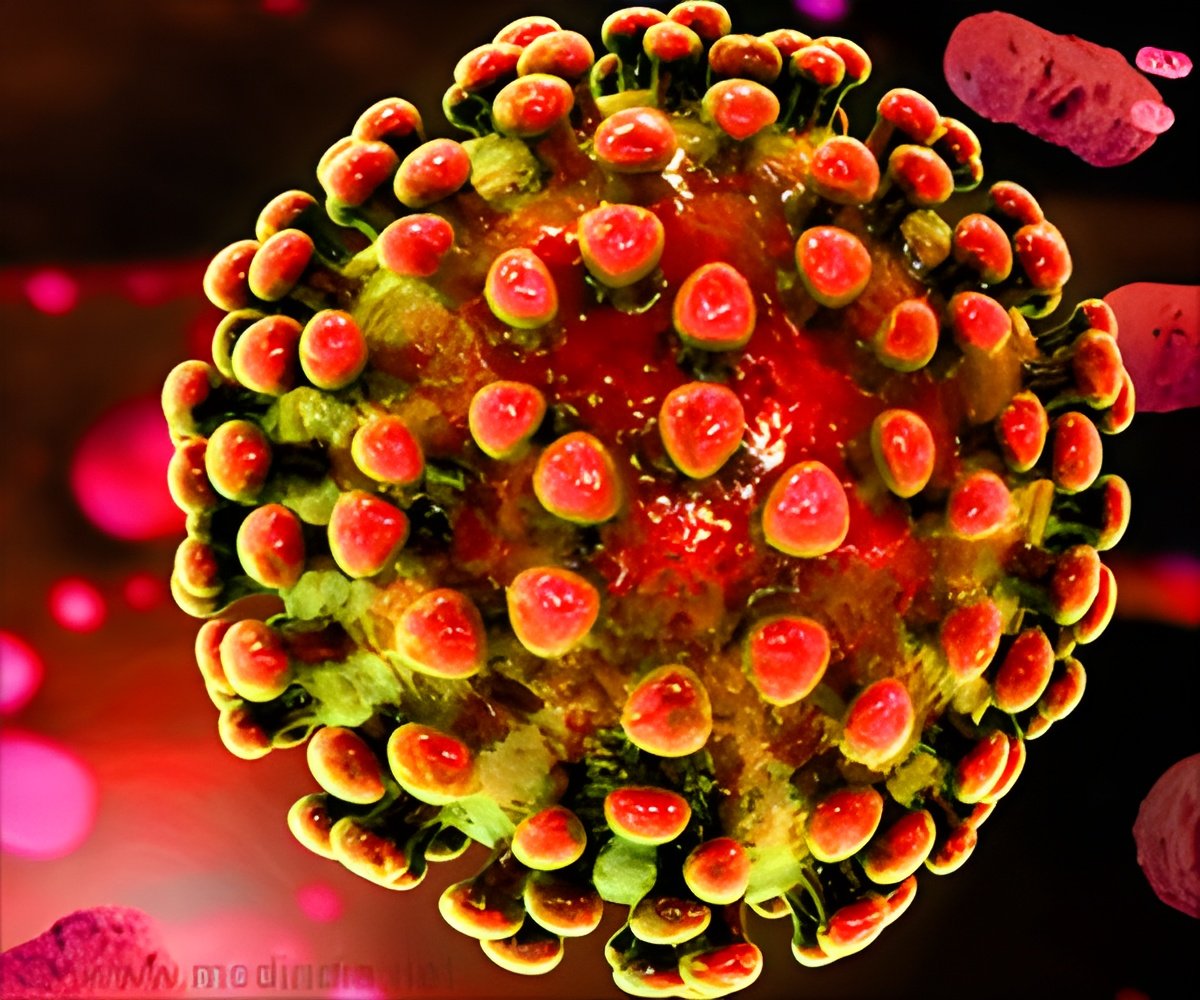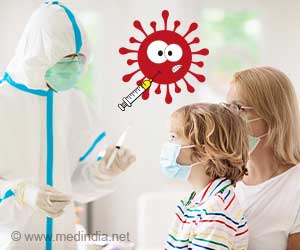Researches have recently identified that many are not aware of the repeatedly fatal virus known as Middle East respiratory syndrome coronavirus (MERS-CoV)

Healthcare workers (HCW), particularly nurses, are at heightened risk of acquiring MERS-CoV from infected patients from the environment and also through person-to-person contact. The virus has been shown to survive for at least 48 hours on hospital surfaces, and is transmissible through vomit and diarrhea, which present in roughly one-third of cases. MERS-CoV has been detected for up to 16 days in respiratory specimens and stool, and up to 13 days in urine.
"Patients with confirmed or suspected MERS-CoV infection should be cared for under contact and droplet precautions until testing results," the authors stress. According to WHO guidelines, this includes wearing a high protection mask (e.g., N95 respirator), eye goggles, gowns, and gloves during aerosol-generating procedures. The U.S. Centers for Disease Control and Prevention recommends use of respirator masks when in contact with any MERS-CoV patient (suspected or confirmed).
Although the World Health Organization has identified infection control gaps within healthcare facilities as the reason behind these outbreaks, further research is needed to confirm whether these gaps concern the use of personal protective equipment, hand hygiene, procedures, environmental cleaning, or triage.
Source-Eurekalert
 MEDINDIA
MEDINDIA




 Email
Email







